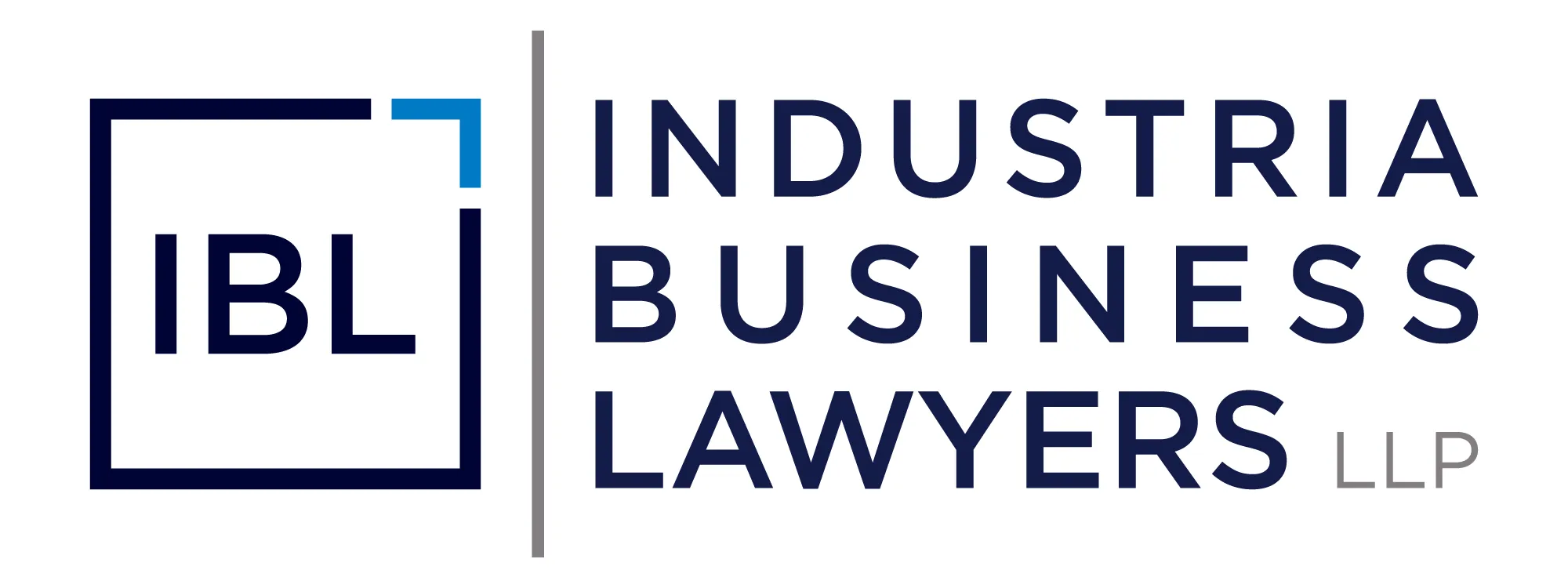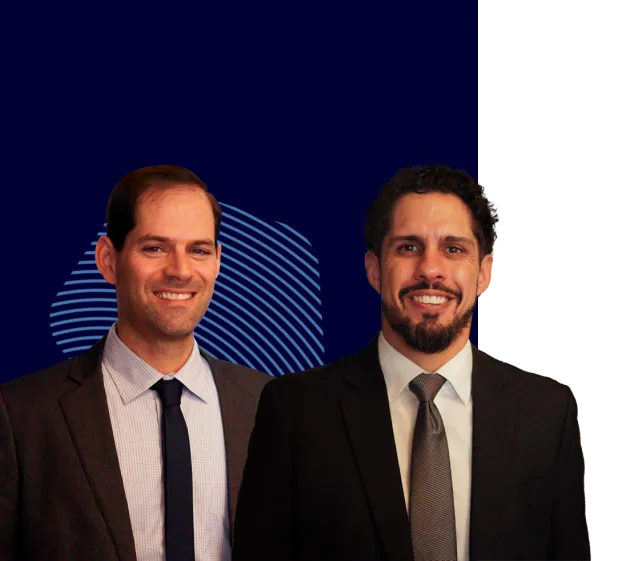On June 13th, 2023, Southern District of New York federal judge Analisa Torres issued her summary judgment order in the case of SEC v. Ripple[1] (the “Ripple SJ Order,” or “Order,” herein). The Order surprised many observers (and pleased most of the blockchain industry) by finding against the SEC on a majority of its main claims against Ripple. However, the SEC since filed an interlocutory appeal of the Order[2] (since denied, though the same points could be raised by the SEC on final appeal), so the ultimate disposition of the substantive arguments is still uncertain. Moreover, within days of the Order being published, the judge in another prominent crypto case, SEC v. Terraform Labs (Judge Rakoff), swatted down arguments Terraform attempted to make in its favor based upon Torres’ ruling. Nevertheless, we estimate that the decision materially advances the current state of securities law as it applies to blockchain, and being from the leading federal district court for the subject matter, it cannot be dismissed or ignored.
The Ripple SJ Order makes three main substantive holdings: (1) that institutional sales represented investment contract transactions, (2) that programmatic sales did not represent investment contract transactions, and (3) that “other distributions” (mainly, employee incentive compensation and “Xpring” program developer grants) did not constitute investment contract transactions.
A brief overview of each of these sub-holdings follows:
- Institutional Sales. Judge Torres found the Howey test met on all elements.[3] In particular, institutional investors had a clear investment intent in the token-purchase transactions, and Ripple’s communications with this category of purchasers in specific were of a nature in keeping with investment promotion. Therefore, the “investment of money” and expectation of profits “from the efforts of others” prongs were met. (Judge Torres found the Howey prongs “investment of money” and “common enterprise” prongs were easily met).
- Programmatic Sales. These sales were “blind bid/ask” transactions conducted by professional market-makers on Ripple’s behalf on cryptocurrency exchanges. The court held that these sales failed the Howey test, primarily because purchasers in these transactions—which were bilaterally anonymous—could not have known they were investing in Ripple,[4] negating the “investment of money” prong. An immediate corollary, according to the court, was that Ripple could not have made any promises or offers to these purchasers.[5] This undermined any reasonable expectation of profit “from the efforts of others.” The court did note that there were numerous promotional public statements made over the years by Ripple and its principals, but (1) it hadn’t been established that the typical XRP purchaser was aware of, or motivated by these statements (or even aware of Ripple as a company); (2) many key communications that had been used to find an investment contract in the case of institutional buyers were not distributed publicly, and (3) Ripple’s public communications were too disparate, disjointed, and opaque, such that “generally less sophisticated” public investors were unlikely to “share[] similar ‘understandings and expectations’ [as institutional investors] and [be able to] parse through the multiple documents and statements that the SEC highlights.”
- Other Distributions. Judge Torres found that recipients in this category—exemplified by employees (receiving tokens as “incentive compensation”) and developers (receiving “grants” to develop XRP-based apps)—did not “pay money or “some tangible and definable consideration to Ripple” in exchange for their tokens.[6] Thus, the “investment of money” prong was not met, and Howey fails as a whole. Secondarily, the judge noted that Ripple never received payments from these distributions; while not addressing any Howey prong directly, this rejoinder was in response to SEC assertions that these distributions were nonetheless “indirect public offerings” (further to which, the judge also pointed out that the SEC never formally claimed that these were underwriter transactions—as would be required to properly-propound such line of argument.[7]).
The Judge’s decision regarding institutional sales—a seeming clear negative for blockchain token-selling endeavors—was, in our view, the least surprising, and was the portion of the ruling with the narrowest implications. This is due to the fact that institutional sales represent token sales to the smallest, most professionalized, most formalized segment of the market for crypto tokens (indeed, such sales—after Ripple’s early trailblazing efforts—were typically only undertaken by other token issuers under explicit Securities Act exemptions, such as Rule 506(c), if only prophylactically). All of these attributes are diametrically opposed to the “retail” segment of the token-sale market, and therefore, the legal implications of such sales bear the least applicability to it. Yet, the retail segment is much more consequential, due to the much larger volume of transactions represented by (1) direct token sales by issuers to the general public, and (2) transactions on cryptocurrency exchanges (either engaged in by the issuer, or, more often between two third parties).
Judge Torres’ holdings regarding the second two categories of distributions (programmatic sales and “other distributions”), and their rationale, evince a fresh look taken in applying longstanding securities law precedents to blockchain token sales, and in doing so, provide compelling new support against overbroad applicability of the Howey test. For example, both the programmatic sales and “other distributions” categories were held by Judge Torres to not meet the “investment of money” prong of Howey—one long assumed in most legal analyses to be met in most token-distribution scenarios, if only arguendo. This point is most fully made by Judge Torres in the rationale for the “other distributions” transactions, where she cites to Int’l Bhd. of Teamsters v. Daniel[8]—an oft-referenced securities case which is typically taken for little more than the proposition that non-monetary consideration can constitute an “investment of money” in the Howey sense. However, the Daniel supreme court actually came to the opposite conclusion when applying the rule to the facts of that case, and what’s more, spent virtually the entire opinion memorandum limiting the breadth of a non-monetary “investment of money.” Judge Torres was clearly citing Daniel for this set of propositions. These include statements that, e.g.:
- “In every case the purchaser gave up some tangible and definable consideration in return for an interest that had substantially the characteristics of a security.”[9]
- “Even in those cases where the interest acquired had intermingled security and nonsecurity aspects, the interest obtained had ‘to a very substantial degree elements of investment contracts …’.”[10]
- “[Here,] the purported investment is a relatively insignificant part of an employee’s total and indivisible compensation package.”[11]
- “Only in the most abstract sense may it be said that an employee “exchanges’ some portion of his labor in return for these possible benefits. He surrenders his labor as a whole, and in return receives a compensation package []. His decision to accept and retain covered employment may have only an attenuated relationship, if any, to perceived investment possibilities of a future pension. Looking at the economic realities, it seems clear that an employee is selling his labor primarily to obtain a livelihood, not making an investment.”[12]
Fully crediting these propositions from the Supreme Court (rather than taking them as disposable dicta)—as Judge Torres clearly does—leads directly to at least two apparent “investment of money” corollaries of significant import for the Ripple non-institutional sales categories; (1) a finding of an “investment of money” should be disfavored when it arises from a non-monetary (or other intangible or inchoate) purchase consideration transaction, and (2) a finding in favor of an “investment of money” should also be disfavored (or perhaps, impossible) when the putative investment forms a minor or ancillary part of the overall transaction.
The foregoing observations do not, however, mean the court’s findings are a clear “slam dunk” for Ripple in all (if any respects) regarding programmatic sales and “other distributions.”
For example, in Ripple’s summary judgment brief, it argued that the Howey test was inadequate (i.e., failed to comprehensively distill state securities “blue sky law” up to that point) in that it did not also require “a contract, post-sale obligations on the promoter, and the investor’s right to receive a profit.”[13] Judge Torres ostensibly rejects these proposed augmentations of the longstanding Howey investment contract test, in doing so, focusing on the first element proposed by Ripple one: the requirement that there be a contract.[14]
However, we have trouble concurring with this stage-setting conclusion of Judge Torres, as, logically-speaking (1) an “investment contract” requires a contract (albeit, one of a particular class), and (2) the presence of some other type of contract in the overarching transaction in question does not mean that it, or a relevant portion thereof, is an investment contract. Indeed, despite establishing this ostensible ground rule, Judge Torres then proceeds to apply Daniel as discussed above—that is, arguing precisely that the presence of some other type of encapsulating contract does not establish the presence of an investment contract. Indeed, Judge Torres’ arguments against the presence of reasonable reliance for profits on the “efforts of others” in the programmatic sales context also necessarily entail that, despite accepting that contracts for token-sales were being concluded (i.e., on cryptocurrency exchanges), these same sales transactions (contracts) did not rise to the level of investment contracts.
Other aspects of the Judge’s ruling certainly are likely to be debated. For instance, regarding the programmatic sales category, one might argue that the point made by Judge Torres that general public purchasers of XRP were not shown (on the SEC’s evidence) to be sophisticated or capable enough (to derive a cognizable, reasonable expectation of profits from Ripple’s public statements) is a reason in favor of applying the protective cover of the Securities Act, rather than a reason against. However, it remains true that the expectation of profits arising from the Howey efforts of others must be “reasonable,” and if public statements are too vague or contradictory to support a distinct expectation of profits, then this should, logically-speaking, undermine a reasonability test. As has been held in limiting the application of Securities Act to any financial transaction, the Securities Act is not intended to be a universal panacea for all ostensible fraud on the public.[15]
Further underscoring how unsettled these legal nuances remain in application to blockchain token sales, the Ripple SJ Order was cited within mere days in another prominent case, SEC v. Terraform Labs,[16] in support of a no-investment contract argument which was part of Terraform’s motion to dismiss. Judge Rakoff, in his dismissal denial order in that case, ostensibly rejects the Ripple SJ Order’s rationale, arguing that “the re-sale purchasers [not knowing] if their payments went to the defendant, as opposed to the third-party entity who sold them the coin” was irrelevant to an expectation of profit, because Howey makes no such distinction between purchasers. That a purchaser bought the coins directly from the defendants or, instead, in a secondary resale transaction has no impact on whether a reasonable individual would objectively view the defendants’ actions and statements as evincing a promise of profits based on their efforts. And it makes good sense that it did not. That a purchaser bought the coins directly from the defendants or, instead, in a secondary resale transaction has no impact on whether a reasonable individual would objectively view the defendants’ actions and statements as evincing a promise of profits based on their efforts.[17]
It’s a fascinating (if express) rebuttal, not in least because Judge Torres specifically disclaimed applicability of her ruling to secondary market sales generally (i.e., third-party to third-party) in her findings on programmatic sales,[18] and focused instead on the Howey-weakening implications of bilateral anonymous transactions with Ripple itself. Judge Rakoff in essence leaps directly from Torres’ more limited point, to its implications of for broader secondary market transactions—perhaps attempting to preemptively cut off further applicability of Torres’ findings and rationale. However, the relevance of Judge Rakoff’s rebuttal argument seems circumscribed according to Rakoff’s very own construction of the relevant Terraform facts:
As part of this campaign, the defendants said that sales from purchases of all crypto-assets — no matter where the coins were purchased — would be fed back into the Terraform blockchain and would generate additional profits for all crypto-asset holders.[19]
This contrasts materially with the facts in Ripple, as recounted by Judge Torres (and discussed above): Ripple was (ostensibly) not making such explicit representations, therefore, it is reasonable to conclude that the “investment of money” and/or “efforts of others” Howey prongs might fail for disintermediated, cryptocurrency exchange-venued transactions in Ripple’s case, even if they might be met for Terraform. Clearly, reasonable minds still have much to differ about in this arena.
In conclusion, we find that Judge Torres’ summary judgment ruling in Ripple has likely opened up some material “space” for blockchain token sales as legal non-investment contracts, but that the precise extent of this space is far from settled. What is truly novel in the evolution of crypto securities black-letter law is that this ruling marks a move beyond the prior blockchain securities case law status quo of egregious violations ending in settlements, as opposed to substantive issues being adjudicated to conclusion on their merits. In a sense, then, a gauntlet has been thrown down, and the challenge now has to be answered. The coming months will therefore likely rapidly progress towards resolution of the questions implicated in Judge Torres’ decision—a positive development in its own right.
[1] Securities and Exchange Commission v. Ripple Labs, Inc., Bradley Garlinghouse, and Christian A. Larsen, Case No. 1:20-cv-10832-AT-SN (hereinunder, SEC v. Ripple or Ripple); summary judgment order: doc. 874; 2023 WL 4507900.
[2] Ripple, doc. 887, filed August 9, 2023.
[3] Ripple SJ Order at 19-22.
[4] Id at 23.
[5] Id at 24.
[6] Id at 26; internal quotations removed.
[7] Id at 27.
[8] 439 U.S. 551 (1979); pincite to 560.
[9] Ibid.
[10] Ibid; citation to Variable Annuity Life Ins. Co. 359 US 65, 91 (1959) (BRENNAN, J., concurring) omitted in quotation.
[11] Ibid.
[12] Ibid.
[13] Ripple SJ Order at 12.
[14] Id at 12-13.
[15] See, e.g., Marine Bank v. Weaver, 455 U.S. 551, 556 (“The broad statutory definition of securities in the Securities Exchange Act of 1934 and the Securities Act of 1933 is preceded, however, by the statement that the terms mentioned are not to be considered securities if the context otherwise requires. Moreover, the Court is satisfied that Congress, in enacting the securities laws, did not intend to provide a broad federal remedy for all fraud”; internal citations and quotations omitted).
[16] Securities and Exchange Commission v. Terraform Labs PTE. LTD. and Do Hyeong Kwon, — F.Supp.3d —-, Case No. 23-CV-1346 (JSR) (hereinunder, SEC v. Terraform or Terraform; July 31, 2023 denial of dismissal order citation: 2023 WL 4858299; hereunder Terraform Dismissal Denial).
[17] Terraform Dismissal Denial at 15.
[18] Ripple SJ Order at 23 (fn. 16).
[19] Terraform Dismissal Denial at 15.


